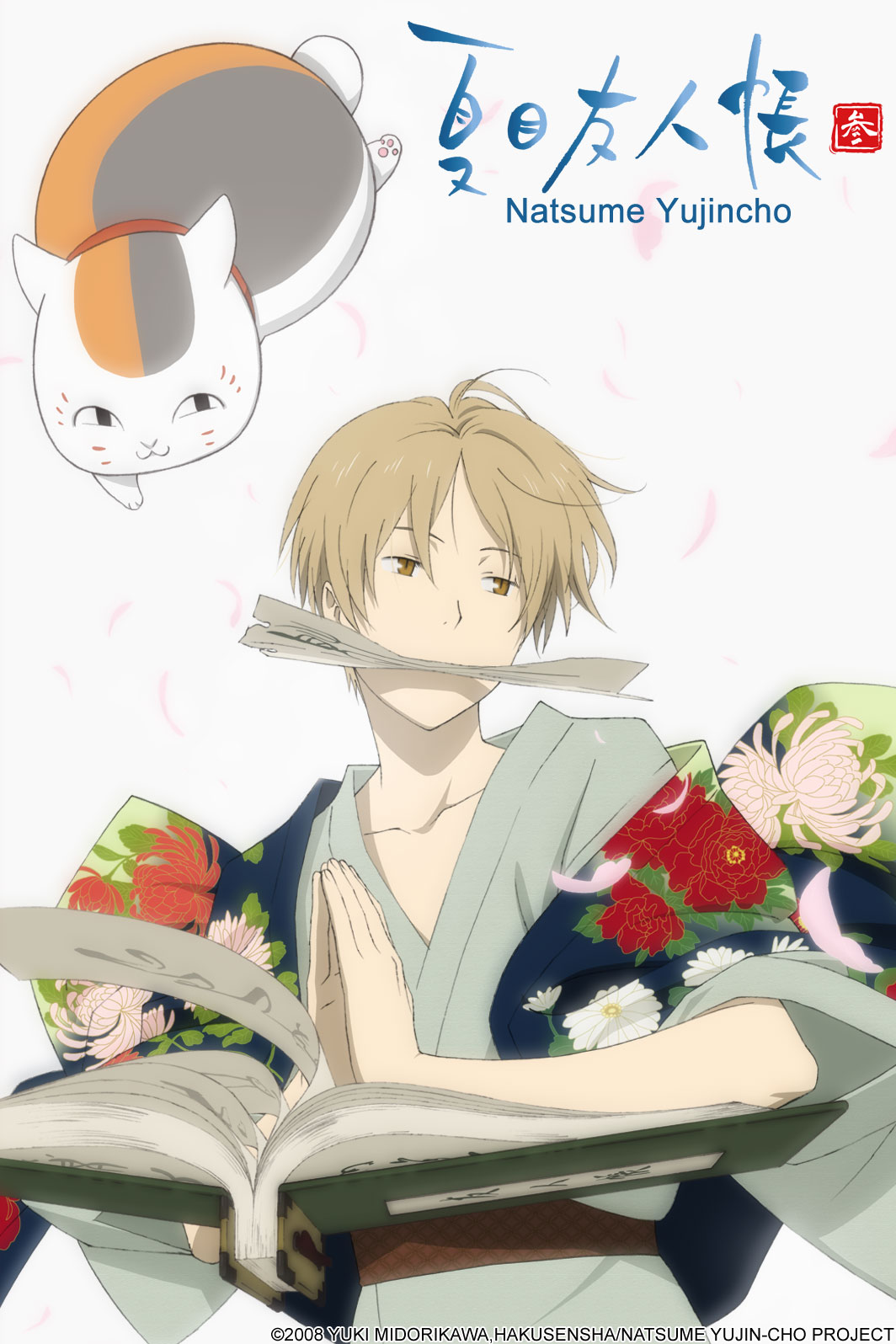English Dub Season Review: Aharen-san wa Hakarenai Season One
Overview (Spoilers Below):
In his first year of high school, making companions isn’t easy as Raido struggles to make friends. One day in class, Raido tries to talk to his classmate, Reina Aharen, next to him and thinks she is ignoring him, but later realizes she was shunned by her previous classmates for being clingy, awkward, and timid. So Raido decides to help his classmate Reina come out of her shell and befriend her for whatever it takes, and in turn, come out of his own rather odd shell.
Our Take:
High school is known for having more ups and downs than middle school. Unsurprisingly, struggling to fit in due to one’s appearance is part of the latter. However, once they befriend someone as different as they are, things start to get more comfortable…or embarrassing. Whichever comes first. This is the best way to describe the concept of Aharen-san wa Hakarenai, an anime adaptation of Asato Mizu’s manga series that started in 2017.
The series is directed by Yasutaka Yamamoto and Tomoe Makino, with Takao Yoshioka overseeing the scripts. It is produced by Felix Film, and Yuko Yahiro serves as its character designer. The show’s music is composed by Satoru Kosaki and MONACA. The opening theme song is “Hanarenai Kyori” (Inseparable Distance) by TrySail, while the ending theme song is “Kyorikan” (A Sense of Distance) by HaKoniwalily.
I wasn’t sure what to expect from a show like this. Sure, it’s another high school drama series that features a blossoming relationship between two people, but regarding its execution, I didn’t think it would be as kooky as the main characters. This series shows no shame in delivering the awkwardness and goofiness in its high school problems and rom-com scenarios, and it surprisingly works because of it. Following its first episode, I was immediately hooked on Aharen-san from start to finish.
The episodes follow the same formula in which Raido and Reina Aharen encounter many embarrassing obstacles while helping each other find confidence in their differences. The most prominent one is the characters competing against each other and failing at numerous games and sports, especially in the show’s sixth episode, “Are We Too Good?”. This strategy does pose the risk of growing too repetitive regarding the direction. Fortunately, the show provided a good amount of charm and humor in its interconnected plot and characters to make the formulaic concept more endearing than monotonous. This is the best-case scenario in which relying on a few genre cliches is okay as long as they provide a fun and engaging substance to coincide with them. It may not contain many surprises in its plot, but the journey to reach the first level of this weird relationship is enough to make me smile.
The characters are also well-rounded and suitably relatable, mainly Raido and Aharen. Both characters struggle to make friends for different reasons. In Raido’s case, he possesses a naturally unfriendly face that’s devoid of any other emotion. Meanwhile, Aharen struggles to make friends due to her warped sense of distance and soft voice. Throughout the season, Raido and Aharen attempt to learn how to communicate with each other and help one another with their self-confidence.
The chemistry between the two main characters is one of the best parts of Aharen-san wa Hakarenai for two reasons. The first reason is that it has a compelling sense of adorableness and humor that I’d expect from any rom-com. The second reason is that it represents how people should communicate with others with specific disabilities. As someone who’s diagnosed with autism, I enjoyed how it handles this light-hearted representation without any of the melodrama. Both Dani Chambers and Ben Balmaceda did a remarkable job voicing their respective oddballs, Aharen and Raido. Balmaceda, in particular, had an impressive knack for injecting range into Raido’s toneless voice, especially when he’s thinking to himself, leading to some hilarious moments involving Raido misreading Aharen’s actions. I would also give Dani Chambers credit for capturing Aharen’s timid and awkward personality in a comical manner.
In addition to the two “lovebirds”, the supporting characters also have their share of hysterical and heartfelt moments, with the best ones being Mitsuki Oshiro (Kristen McGuire), Aharen’s childhood friend, and the high school teacher Ms. Tobaru (Katelyn Barr). Oshiro has the most interesting development of the season as it has the agitated and cowardly girl gradually learning to trust Raido while protecting Aharen from a safe distance. I was worried that her anxiety-induced personality would become irritating after her debut in its second episode, “Are We Being Followed?”, but she quickly grew on me after a while. As for Tobaru, she’s possibly one of the best comic reliefs I’ve seen in any anime. Her running gag is that Tobaru gets severely overwhelmed by passion whenever she sees Raido and Aharen together, causing her to have nosebleeds and faints. This happens a few times throughout the season, and each one is more hysterical than the last. Hopefully, we’ll see more of this romance-obsessed teacher when they green-lit a second season.
Overall, Aharen-san wa Hakarenai is a delightfully weird and charming series that celebrates people’s differences. It may not change how we look at the rom-com genre, but it offers just enough to fill a romantic’s heart with joy, humor, and confidence. Despite my lack of experience with romance films and shows, I surprisingly found myself having a splendid time watching this quirky series. From its likable characters to the oddball comedy, the series successfully embraces the awkwardness of high school relationships to deliver another entertaining addition to the anime rom-com collection. If they manage to move forward with the show’s second season, I’ll be more than happy to revisit these two lovebirds for more embarrassingly fun shenanigans.


























Do we know if Hulu will be the only entity to have the dub, or if it will be on other platforms, too? The show in general is definitely going to be on multiple platforms.